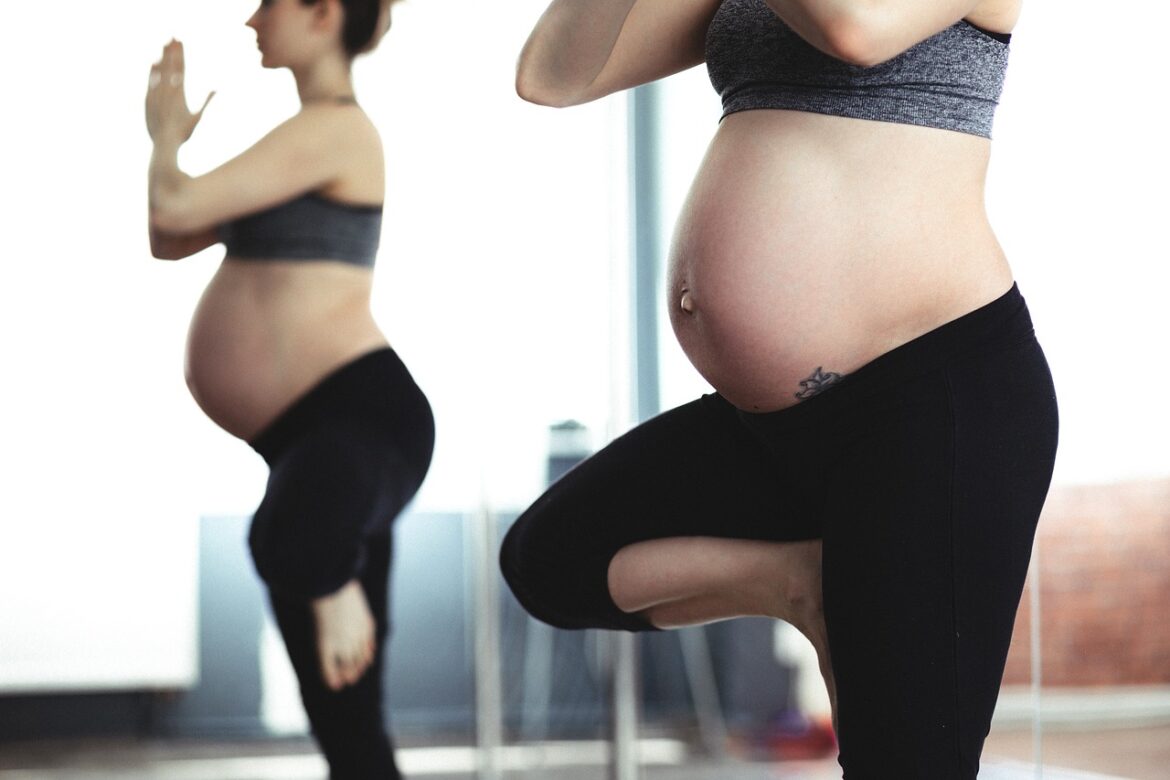The Question
This question comes up often – is it safe to exercise during pregnancy? The answer is most often yes, it is safe to exercise for most women during pregnancy. Like all exercise, it is important to talk with your health care provider prior to starting or increasing an exercise program. It is important during pregnancy to not significantly increase your exercise level once you are pregnant – don’t start running when you are pregnant if you haven’t run prior.
It is recommended by the American College of Obstetrics and Gynecology that you participate in 30 minutes or moderate exercise per day on most days of the week unless you have a medical or pregnancy complication. Some of those complications include but are not limited to: bleeding or spotting, low placenta, miscarriage, previous premature births, or a weak cervix.
The Benefits
There are benefits to exercising while pregnant. Exercise will help decrease backaches, constipation, bloating, and swelling and improve your posture. It may also decrease your risk for gestational diabetes. Exercise increases your energy and can improve your mood. Exercise can decrease your stress and regular exercise can keep you fit during pregnancy, improving your stamina during labor and allowing for an easier recovery.
What intensity and exercises are safe?
The general rule of thumb is that if you were exercising prior to getting pregnant, most of the time you can continue to exercise at a moderate level.
If you haven’t exercised prior to getting pregnant, starting with a low-level exercise is ok for you too! Walking, swimming, stationary bicycling, step or elliptical machines, and low impact aerobics have little risk of injury and can be continued throughout your pregnancy.
What about HIIT?
What about high-intensity impact training during pregnancy? When you are pregnant, the extra weight causes extra pressure on your stomach and your pelvic floor. Depending on how you manage the pressure can impact muscle function during and after pregnancy. A therapist or trainer that specializes in prenatal care can help you scale down the movements and provide alternative movements as your pregnancy progresses. Listening to your body is especially important with HIIT. If you experience any leakage of fluids during or after exercise, have pressure in your pelvis, pubic bone, or tailbone, or are noticing any protrusion of organs outside your body, HIIT may too much for your pregnant body. Research does not show concrete evidence for or against HIIT in pregnant women at this point. Some women are able to tolerate high-intensity training throughout pregnancy and others are not. Research at this time does not show a higher incidence of pelvic floor dysfunction or diastasis recti postpartum in women who participate in HIIT.
Getting the blood flowing and getting moving during pregnancy can help you feel better and reduce your recovery. If you have any questions about exercising while pregnant please use us as a resource. Contact us via email here, comment on the post, or make an appointment.

